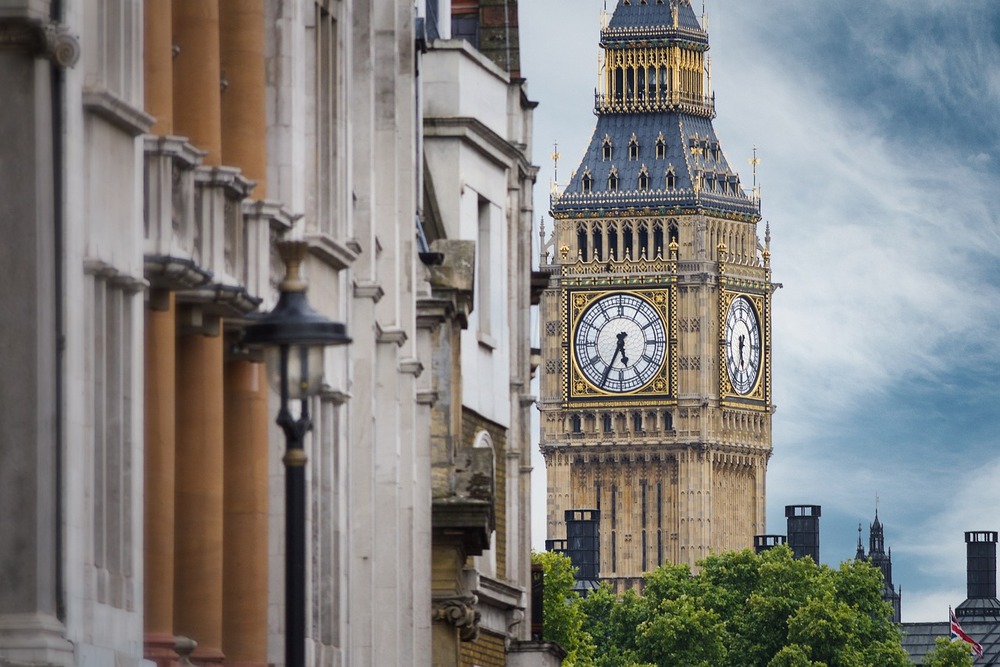The UK Treasury, led by Economic Secretary Emma Reynolds, has declared it will not follow the United States in creating a national Bitcoin reserve. Instead, the Treasury will regulate digital assets under existing financial laws. This decision, announced at the Financial Times Digital Asset Summit, signals the UK’s intent to carve a unique stance in the global crypto landscape, distinct from the US and the EU’s MiCA framework.
UK Shuns National Bitcoin Reserve
The debate over a UK Bitcoin reserve stems from the US’s recent decision under President Donald Trump to establish a Strategic Bitcoin Reserve, holding forfeited cryptocurrencies to diversify national assets. Enthusiasts in the UK argued a similar reserve could hedge against financial volatility and position the nation as a crypto leader.
However, Reynolds cited Bitcoin’s price swings as a key concern, stating that it is inappropriate for the UK market. The Treasury prefers integrating digital assets into traditional financial regulations, avoiding the EU’s comprehensive MiCA framework, which imposes strict rules on crypto issuers and service providers. This choice reflects a cautious approach, encouraging innovation while ensuring stability.
Global Split Towards Bitcoin Reserves
Globally, nations differ on Bitcoin reserves. With an estimated 200,000 Bitcoins from seizures, the US views its reserve as a “digital Fort Knox,” signaling confidence in crypto’s future. El Salvador, a pioneer, holds Bitcoin as legal tender and maintains a reserve to boost its economy, despite volatility concerns.
In contrast, the EU, including major economies like Germany and France, aligns with the UK’s skepticism, priding its regulatory frameworks like MiCA over reserves. These varied approaches highlight a global split, with some seeing Bitcoin as a strategic asset, others as a financial gamble.
The UK’s rejection of a Bitcoin reserve underscores its preference for regulatory integration over bold crypto bets, setting it apart from the US’s reserve strategy and the EU’s MiCA model. This pragmatic approach may stabilize markets, but risks lagging in the crypto race.
Meanwhile, Japan is reportedly exploring a Bitcoin reserve pilot, inspired by the US, signaling a growing embrace of crypto as a national asset in parts of Asia.
Find Cryptocurrencies to Watch and Read Crypto News on the Go Follow CryptosToWatch on X (Twitter) Now

